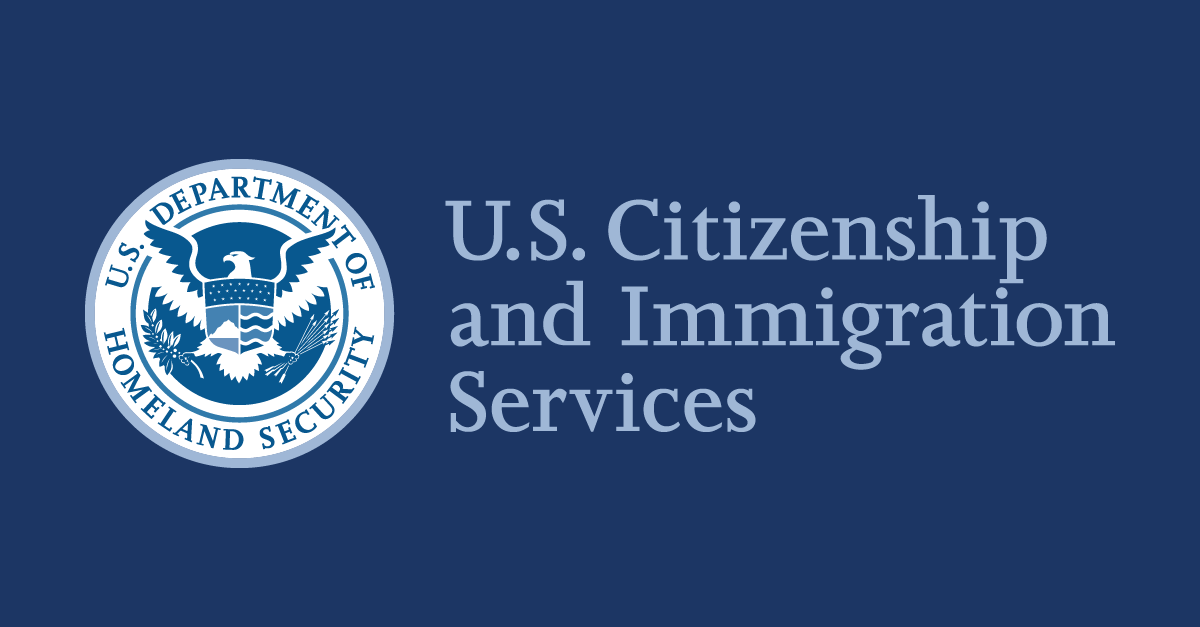My I-485 (filed as spouse of LPR) was denied (April 6, 2018) because I was out of status at the time of filing (I was laid off while on L-1 visa on Jun 30, 2016). I have traveled on advance parole (AP) while waiting for I-485 approval.
My question is when the overstay starts counting?
- last I-94 with valid L-1 (Sep 30, 2017)
- last I-94 with AP (17 Jan, 2019)
- date of receiving notice of denial (April 6, 2018)
- other?
My question is when the overstay starts counting?
- last I-94 with valid L-1 (Sep 30, 2017)
- last I-94 with AP (17 Jan, 2019)
- date of receiving notice of denial (April 6, 2018)
- other?



Comment